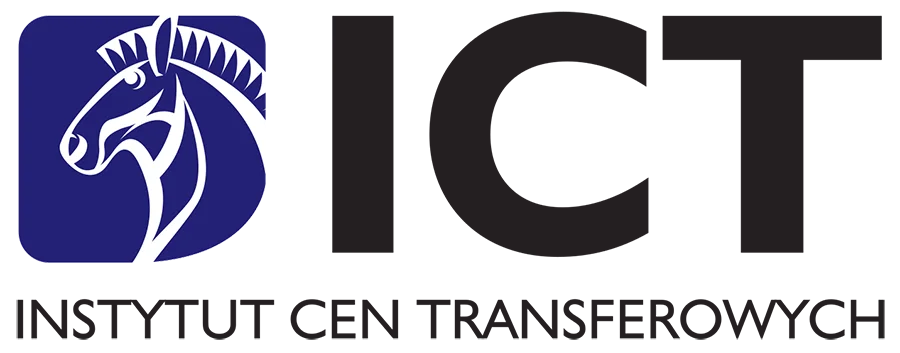According to the position presented in the individual interpretation of the Director of National Tax Information (KIS) of 23 October 2019, No. 0111-KDIB2-1.4010.351.2019.2.AT “(….) receivables due to the purchase of computer software for own needs do not constitute licence fees, pursuant to the Article 21(1) of the Corporate Income Tax Act”.
In the interpretation, referring to the concept of end-user, the Director of KIS also points out that “No copyright to the above mentioned software will be transferred to the Company under the licence, the Company does not have and will not have the right to sublicense other entities or make changes in the software. The Company will not be granted any rights to permanent or temporary reproduction, translation, rearrangement or other changes in or distribution of a computer program, including the loan or rental of a computer program or a copy thereof. The licenses will therefore not be used commercially, but only for personal use in the workstations of our own employees. In the present case, it is an end-user license purchased from a contractor (…)’.
The position of the Director of KIS is consistent with the commentary to Article 12 of the OECD Model Tax Convention on Income and on Capital which clarifies that the use of computer programs for personal use only, including duplication to ensure that the program can be used, does not constitute a royalty.
In conclusion, end-user computer software purchased for personal use as not covered by Article 21(1) of the Corporate Income Tax Act is not subject to withholding tax. Thus, the acquirer of a software licence will not be required to submit information to the IFT-2R nor to hold a certificate of residence (the position of the Director of KIS as set out in the individual interpretation in question).


